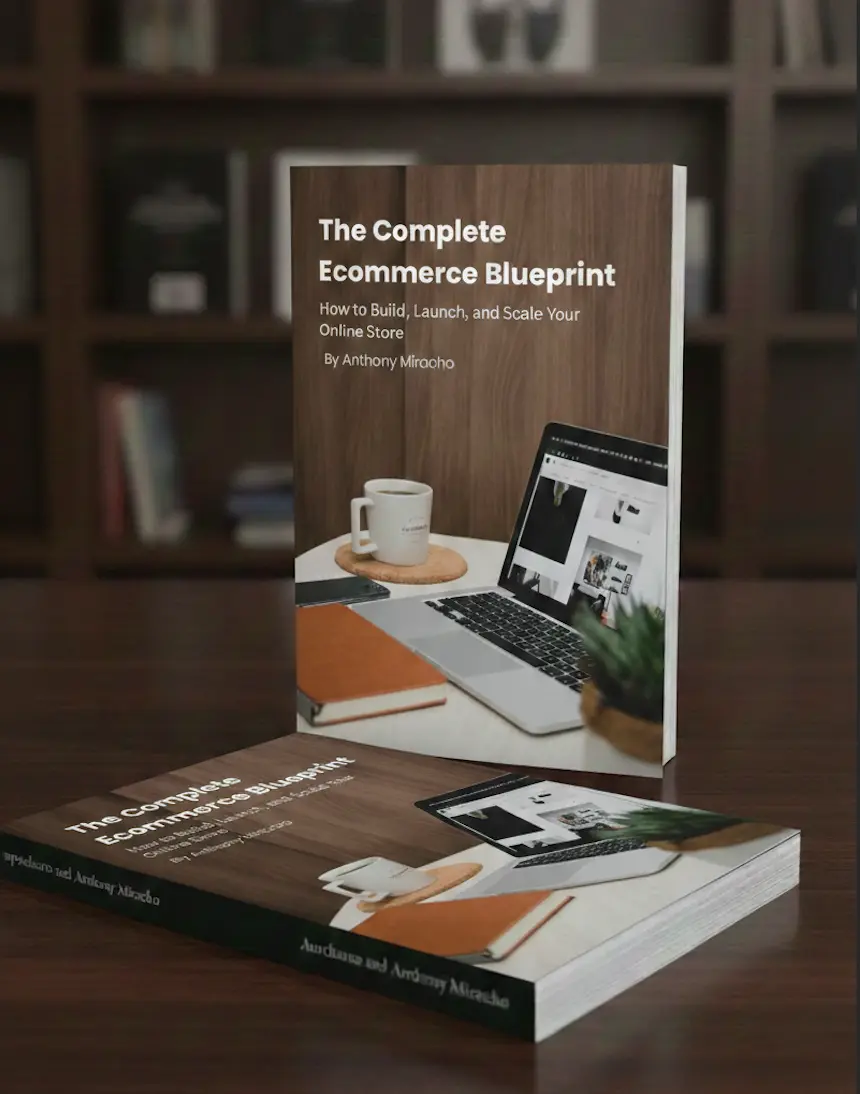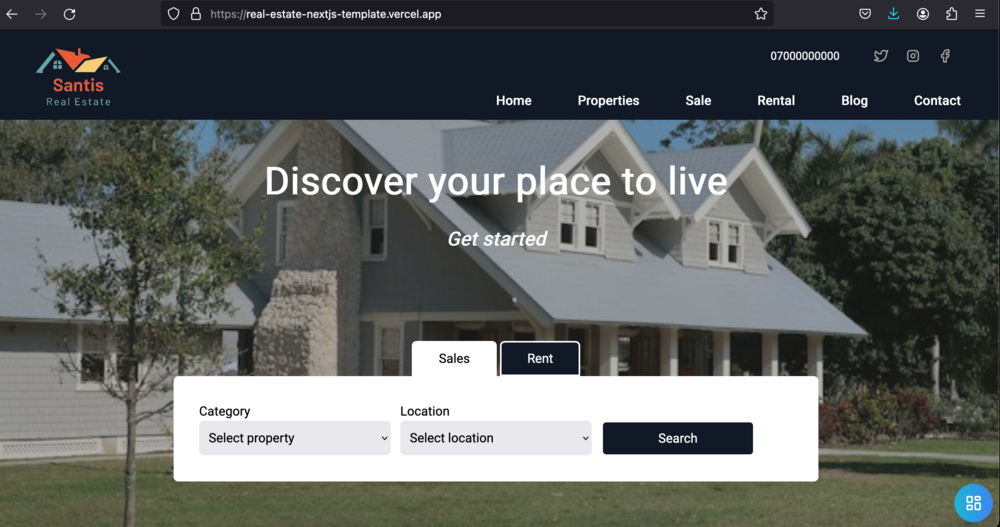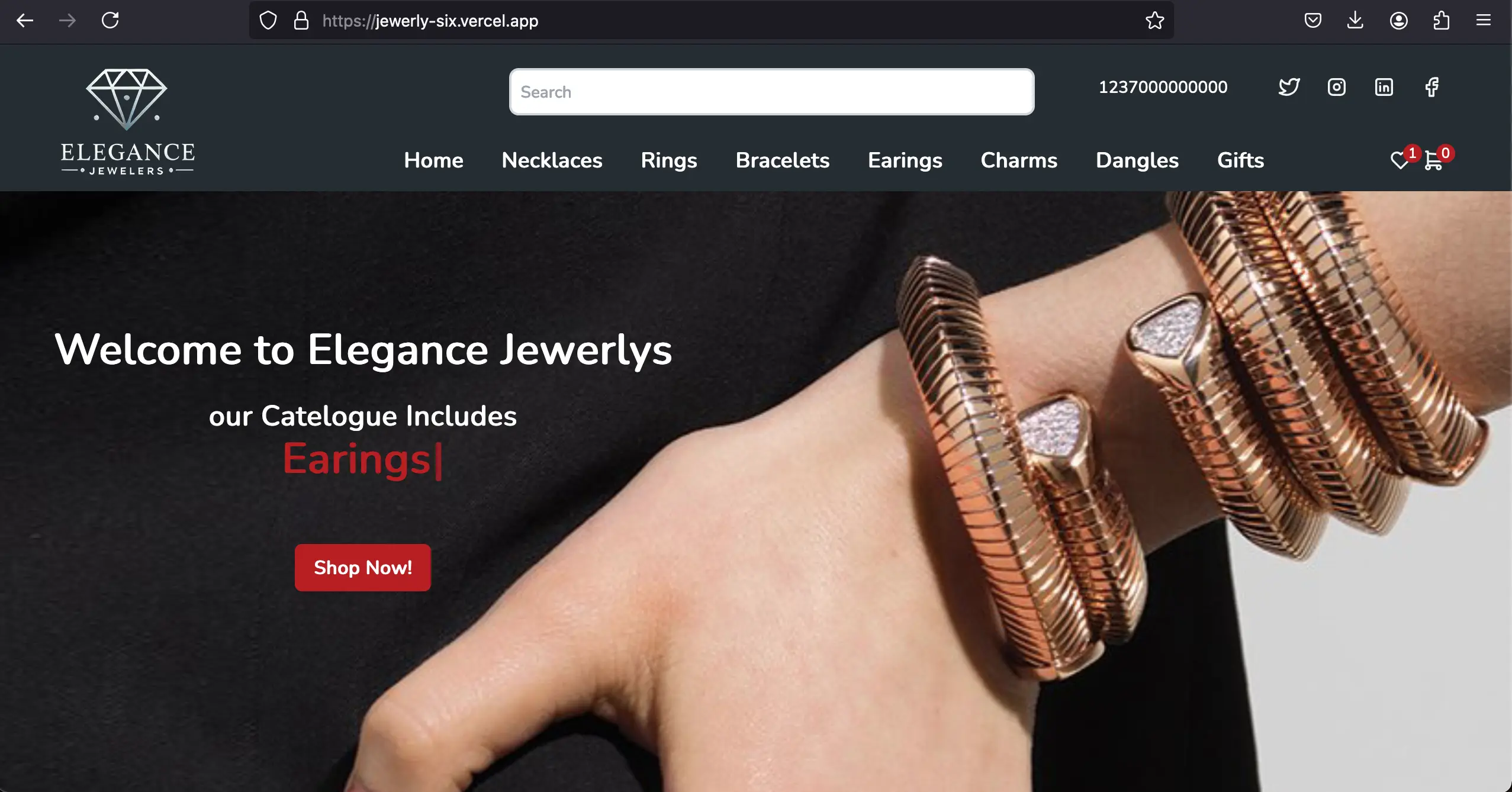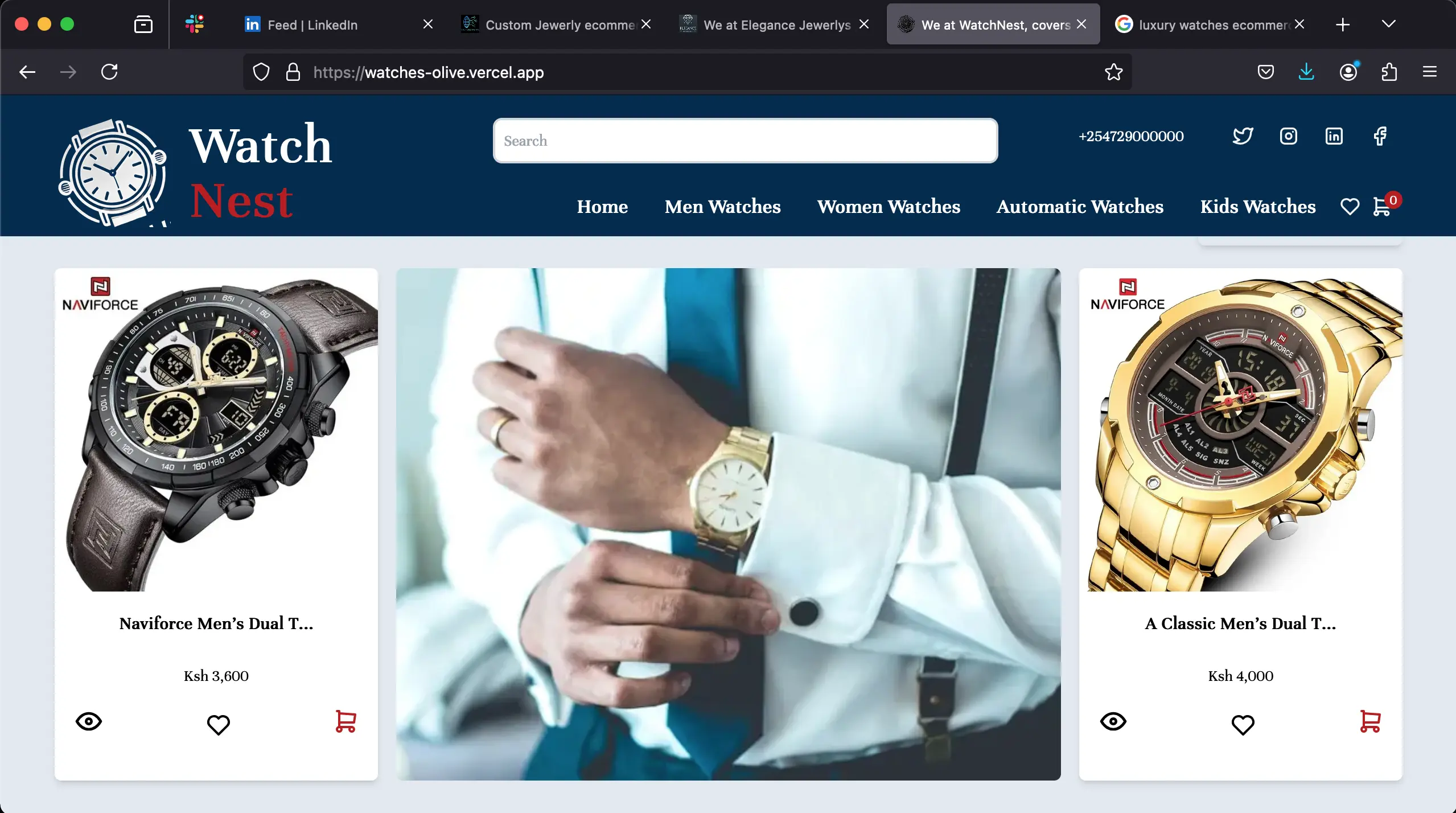
How Keywords Influence E-commerce Site Visibility in Search Results
In the competitive world of online shopping, getting your e-commerce site noticed is crucial. One of the most effective ways to improve visibility is by using the right keywords - the words and phrases people type into search engines like Google.
But how exactly do keywords impact your e-commerce store’s search rankings? And how can you use them to attract more customers?
This guide breaks it down in simple, relatable terms - no confusing tech jargon.
Why Keywords Matter for E-commerce Sites
Imagine you own an online shoe store. A customer searching for “best running shoes for women” won’t find your site unless you’ve used those exact words (or similar ones) in your product pages, descriptions, or blog posts.
Keywords act like signposts, telling search engines:
What your page is about
Who should see it
How relevant it is to a search query
The better your keyword strategy, the higher your site ranks, and the more potential customers discover your products.
How Keywords Improve E-commerce Visibility
1. They Match What Shoppers Are Searching For
Search engines like Google analyze keywords to decide which pages to show. If your product page includes “wireless Bluetooth headphones” and a shopper searches for that phrase, Google is more likely to display your page.
✅ Action Tip: Use tools like Google Keyword Planner or Ubersuggest to find popular search terms in your niche.
2. They Help You Rank for Different Buyer Intentions
Not all shoppers are ready to buy immediately. Keywords help you attract them at every stage:
Informational Searches (Research Phase)
Example: “What’s the best laptop for graphic design?”
Strategy: Create blog posts or buying guides using these keywords.
Commercial Searches (Comparison Phase)
Example: “MacBook Pro vs. Dell XPS reviews”
Strategy: Optimize comparison pages with these keywords.
Transactional Searches (Ready to Buy)
Example: “Buy Nike Air Max online”
Strategy: Use exact product names in titles & descriptions.
3. Long-Tail Keywords Bring Targeted Traffic
Long-tail keywords are longer, more specific phrases (e.g., “affordable organic cotton t-shirts for women”). They have less competition and attract shoppers closer to purchasing.
✅ Action Tip: Include long-tail keywords in product descriptions and category pages.
4. Proper Keyword Placement Boosts Rankings
Where you place keywords matters. The most important spots are:
Page Titles (e.g., “Men’s Running Shoes - Lightweight & Cushioned | [Your Brand]”)
URLs (e.g., yoursite.com/mens-running-shoes)
Product Descriptions (Naturally include keywords, not forced)
Image Alt Text (Helps Google "see" your images)
🚫 Avoid Keyword Stuffing! Overloading keywords makes content unnatural and hurts rankings.
5. They Improve Click-Through Rates (CTR)
A well-optimized title and meta description (with the right keywords) encourage users to click on your link instead of competitors’.
Example:
Weak: “Buy Shoes Online”
Strong: “Best Comfortable Running Shoes for Men - 30% Off Today!”
Common Keyword Mistakes to Avoid
❌ Using Irrelevant Keywords
If you sell luxury watches, ranking for “cheap digital watches” brings the wrong audience.
❌ Ignoring Local Keywords
If you have a physical store, include location-based keywords (e.g., “best sneaker store in Miami”).
❌ Not Updating Keywords
Trends change. Regularly check which keywords drive traffic and adjust accordingly.
How to Find the Best Keywords for Your E-commerce Site
1. Brainstorm Customer Search Terms
Put yourself in your buyer’s shoes. What would they type to find your products?
2. Use Free Keyword Tools
Google Keyword Planner (Free with Google Ads)
Ubersuggest (Great for beginners)
AnswerThePublic (Finds question-based keywords)
3. Analyze Competitor Keywords
Check what keywords competing stores rank for using tools like SEMrush or Ahrefs.
4. Prioritize High-Intent Keywords
Focus on terms that indicate purchase intent, like:
“Buy [product] online”
“[Brand] discount code”
“Best [product] for [use case]”
Final Tips for Better Keyword Optimization
✔ Be Natural - Write for humans first, search engines second.
✔ Update Regularly - Refresh old product pages with new keywords.
✔ Track Performance - Use Google Search Console to see which keywords drive traffic.
✔ Optimize for Voice Search - More people use voice assistants (e.g., “Hey Google, where can I buy wireless earbuds?”).
Conclusion: Keywords = More Visibility, More Sales
Keywords are the bridge between your e-commerce store and potential customers. By researching, placing, and optimizing them correctly, you can:
✅ Rank higher in search results
✅ Attract shoppers ready to buy
✅ Outrank competitors
✅ Increase organic traffic & sales
Start small - pick 5-10 high-value keywords, optimize your best-selling products, and track the results. Over time, this strategy will help your e-commerce site get found, get clicks, and get more sales!
E-commerce website owners also find these blogs resourceful
Need Help? If keyword research feels overwhelming, consider hiring an SEO specialist or using an e-commerce SEO tool to streamline the process.
Our Templates

Featured Guide
The Complete Ecommerce Blueprint
Antidote to "get rich quick" myths
The Turnkey Commerce Suite.
Our Trending blogs










Myrachanto
I help ecommerce businesses scale faster with tech-driven SEO and high-performance web development. With 5+ years of full-stack expertise, I specialize in:
Ecommerce SEO
Optimizing product pages, structured data, and site architecture to boost organic traffic.
Blazing-Fast Stores
Building with React.js, Next.js, Qwik.js, and Golang for speed and conversions.
I write about ecommerce growth—from technical SEO to conversion-focused development—so store owners and marketers can leverage tech for real results.





